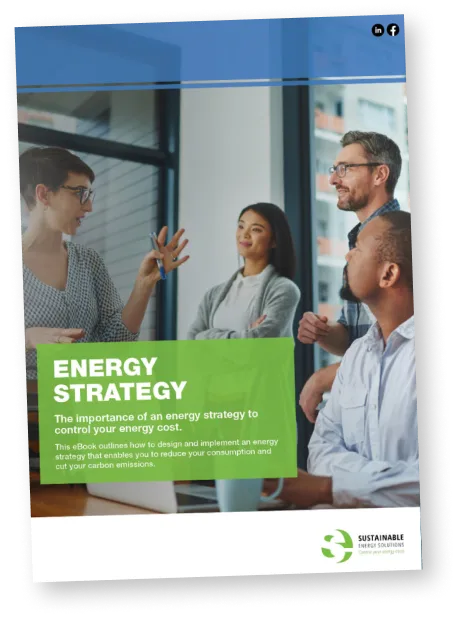This article by Caroline Beshay, explores the challenges medium to large businesses face when procuring energy.
5 Challenges of Buying Energy
1. Choosing the right time to go to tender.
Energy markets have risen in 2022 due to global tensions and the rise in wholesale costs – making the decision of when to go to tender and sign your next energy contract more challenging.
“Large energy consumers need to treat energy procurement as the volatile and unpredictable market that it is. Being proactive and monitoring future markets is key to ensuring that opportunities are not missed to forward contract at favourable times. Not doing so is the most common mistake consumers make.”
Nick Johnson – Head of Account Management SES.
2. Breaking down the parts of an energy retailer’s offer can be difficult.
While reading and understanding one tender is hard enough, comparing offers verges on excruciating – the devil is in the detail! Retailer offers are presented in different ways for different contract periods. Some offer “Fixed/Smooth” only offers while others only present “Stepped” offers. Receiving all offers at the same time and reviewing them within the validity period is no easy task.
3. Time poor and frustrated, companies may look for shortcuts to shorten the decision-making process.
Medium to large businesses without the budget for procurement staff may be tempted to turn to comparison platforms, however these platforms lack the complexity for this market as they are designed for Small Market non-binding contracts. Running a tender is not a one size fits all approach as energy prices vary across the National Energy Market (NEM).
4. Analysis is the key.
Tenders contain numerous line items. Each needs to be carefully examined and analysed within the context of a business’ needs and usage. Professional consultants can help you cut through the noise and get the most out of tenders by analysing these line items. But it’s not just these that matter, delving into the details of an offer’s terms and conditions is key to cutting energy spend and avoiding common procurement pitfalls.
5. Does your procurement team have the right skills to do this in-house?
Companies can either hire a dedicated energy procurement manager to do the same task or let the responsibility fall on their CFO or Supply Chain Manager. Unfortunately, there are downfalls to both strategies. Once a company’s energy strategy is on track, do they need an ongoing in-house procurement manager? For many businesses, this can become a redundant commitment, not to mention an expensive one. Letting the responsibility fall on CFOs and supply chain managers draws their attention away from other critical business responsibilities. Poring over tenders and terms is time-consuming.
While most finance decision-makers are capable of managing the bottom line, the energy market requires a different set of expertise and commitment to track the market daily. Engaging a dedicated energy expert to track the market, run a competitive tender and analyse complex offers, terms and conditions often results in a better outcome.
What’s the solution to your energy procurement challenges?
Engage energy experts.
An external energy market expert/consultant, provides businesses with the advantage of a multi-disciplinary team who is working with several retailers on any given day. Without a specialised and dedicated team of energy experts on the job, companies can be left behind because they’re not aware of what’s happening in the market.
At Sustainable Energy Solutions, we work with clients as an extension of their team. We take the time to understand the nature of the energy portfolio, goals and drivers. These may include short term or long-term goals, closing or adding sites, reducing emissions or cutting costs.

